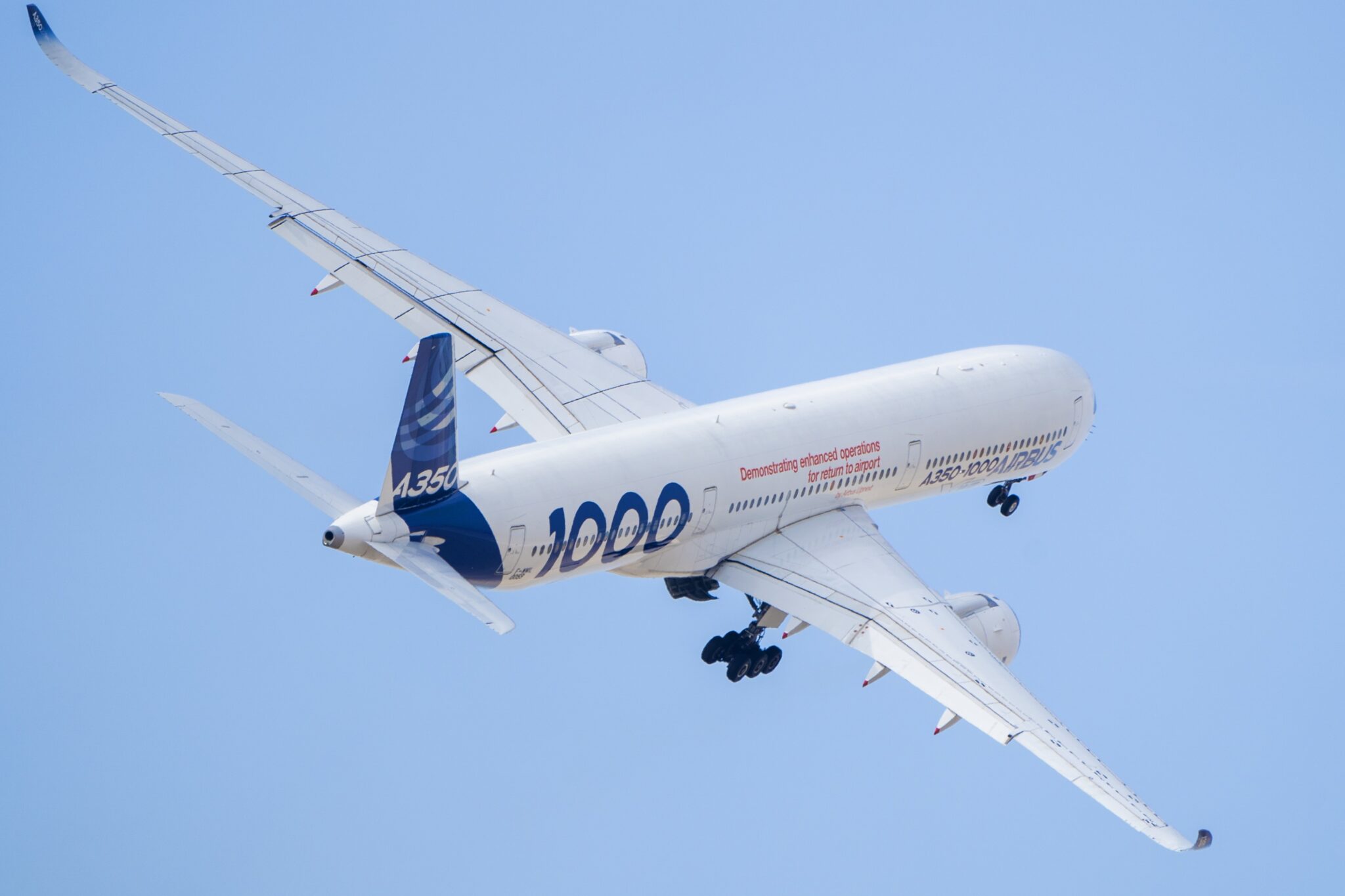Skift Take
With this latest order, Boeing has lost further ground to Airbus in the all-important long-haul market.
The first major airline deal of the year has been formally confirmed. Taipei-based EVA Air has finalized terms with Airbus for a new fleet of widebody and narrowbody planes. A total of 33 new aircraft will be joining the Taiwanese carrier, comprising 18 A350-1000s and 15 A321neos.
Although the deal has been in the pipeline since early November when the Star Alliance member referenced the order in a stock exchange filing, the closure of the contract remains significant.
EVA Air has long been a Boeing and Airbus customer; however, this latest development shifts the center of gravity towards the European manufacturer.
The list price of the transaction is estimated at $10.1 billion, although airlines usually get discounts on this official catalog rate.
Comments from Clay Sun, President of EVA Air are unlikely to make happy reading for Boeing. He said the airline conducted a “thorough evaluation of the various models in each market segment” before selecting “the most modern and fuel efficient types, that offer the highest levels of passenger comfort.” In other words, the U.S. firm didn’t make the cut on this occasion.
Airbus A350s to Replace Boeing 777s
While any new business on this scale will be welcomed by Airbus, it is the A350 part of the deal that will be particularly pleasing. EVA plans to use the twin-aisle jets to replace many of its existing Boeing 777-300ERs. The net result is that all three of Taiwan’s long-haul carriers – EVA Air, China Airlines, and Starlux Airlines – will soon be flying the A350 on their flagship routes, including to the United States.
To date, the A350 has secured over 1,000 orders from 60 customers, with more than 570 of the type currently in operation with 39 companies including Delta Air Lines and British Airways. Meanwhile, the A321neo has received more than 5,600 orders from 100+ customers since its 2016 launch.
Boeing Links Remain Strong
While disappointing for Boeing, today’s news doesn’t represent a complete severing of ties between the company and EVA Air. An additional tranche of 787 Dreamliner airplanes is due to partly replace EVA’s outgoing Airbus A330s. These typically serve busy trunk routes within Asia, often linking regional capitals. As EVA doesn’t operate Boeing narrowbody jets, the deal can be chalked up as a neutral outcome on the single-aisle front.
The more troubling strategic question for Boeing is this – are delays to the company’s next-generation 777X airliner encouraging existing clients to defect to Airbus? With the current version of the 777 no longer commercially relevant and high-profile 777X launch customers growing impatient, expect Airbus’ A350 to gather more new buyers in the coming months.
Airlines Sector Stock Index Performance Year-to-Date
What am I looking at? The performance of airline sector stocks within the ST200. The index includes companies publicly traded across global markets including network carriers, low-cost carriers, and other related companies.
The Skift Travel 200 (ST200) combines the financial performance of nearly 200 travel companies worth more than a trillion dollars into a single number. See more airlines sector financial performance.
The Daily Newsletter
Our daily coverage of the global travel industry. Written by editors and analysts from across Skift’s brands.
Have a confidential tip for Skift? Get in touch
Tags: a350, airbus, airlines, Boeing, boeing 777x, EVA Air
Photo credit: An Airbus A350-1000 demonstrator on display at the 2023 Dubai Airshow / Credit: Airbus Airbus / Airbus
